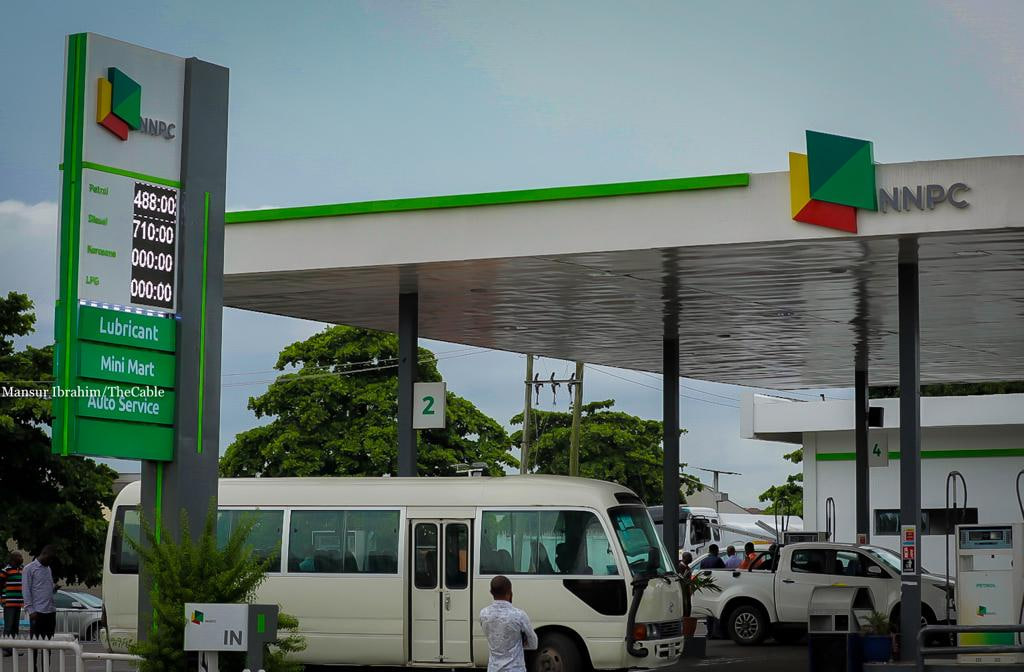The latest increase is likely to add to public anger as Nigerians are already struggling with inflation of 33.4%, which has driven up transport costs and caused a cost of living crisis that led to violent protests in early August.
Reuters

ABUJA – Nigerian state oil firm NNPC Ltd on Monday increased the price of petrol by 11%, the second increase in two weeks and a day after it started purchasing the fuel from the giant Dangote oil refinery on the outskirts of Lagos.
Nigeria expects the 650,000 barrels per day refinery to end years of imports of gasoline, which had been subsidised for decades until President Bola Tinubu began removing support when he took office in May last year.
The price of gasoline is a sensitive issue in Nigeria because many households and small businesses use it to power generators because the majority of citizens are not connected to the national electricity grid.
On Monday, NNPC said it had increased gasoline prices from 858 naira ($0.53) a litre to 950 naira in Lagos and as high as 1,019 naira in northeastern states. It said it buys the product at 898 naira per litre from the refinery.
NNPC said it had started buying the fuel from Dangote on Sunday in U.S. dollars and that a deal to purchase gasoline in the local naira currency was still to take effect.
The latest increase is likely to add to public anger as Nigerians are already struggling with inflation of 33.4%, which has driven up transport costs and caused a cost of living crisis that led to violent protests in early August.
On Friday, a Nigerian presidential committee announced that NNPC would distribute gasoline from the $20 billion Dangote refinery to the local market, ending a deadlock that had stalled distribution.
From October NNPC will supply 385,000 barrels of crude per day to be paid for in naira by Dangote refinery, which will in turn sell its fuel in the local currency.
($1 = 1,614.2000 naira)

[…] NLC, said Thursday it would meet with the federal government on how workers could survive the recent hike in the pump price of petrol, a local newspaper reported, citing a labour […]